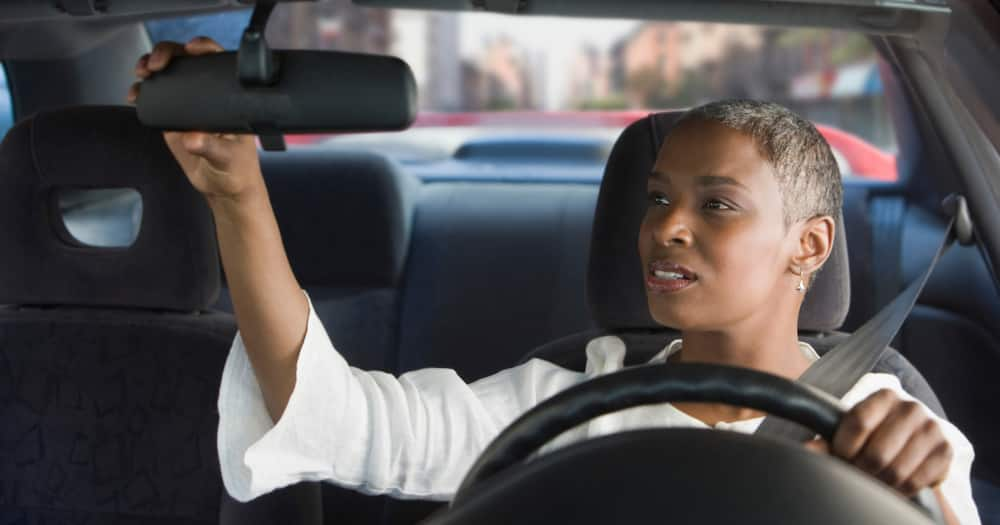Stats SA Says 21.8% of Women in South Africa Have Driver's Licences, Gender Inequality in Transport Revealed
- There are fewer women in South Africa that are eligible to drive vehicles legally, according to Statistics South Africa's gender report
- The gender report also showed that the black demographic has the lowest number of drivers on South African roads
- Black and coloured people are more likely to use public transportation while Indian and white women are likely to be passengers of private cars
PAY ATTENTION: Follow Briefly News on Twitter and never miss the hottest topics! Find us at @brieflyza!
JOHANNESBURG - Statistics South African's latest gender report has revealed that fewer women are driving in South Africa than men.
In 2020, it was found that 40.1% of men actually had a driver's licence while only 21.8% of women were eligible to drive in South Africa legally.

Source: Getty Images
TimesLIVE reports that the Stats SA gender report also revealed that there are racial disparities when it comes to the possession of driver's licences in the country.
Black South Africans ranked the lowest when it came to being able to legally driving, with black women ranking the lowest at 13.1% compared to other racial groups.
PAY ATTENTION: Never miss breaking news – join Briefly News' Telegram channel!
Black and coloured people use public transport more
According to the Stats SA website, black women are more likely to make use of public transport, such as minibus taxis, than men. The report also shows that Indian and white women are more likely to be passengers of privately-owned vehicles.
However, the black and the coloured populations use public transport more than any other demographic.
Access to transport affects the quality of life
Stats SA says access to public or private transport is significant in relation to the rights and equality of women.
Having limited access to transport can affect the quality of life of women as well as limit access to jobs, education, leisure and cultural opportunities.

Read also
No, SAPS did not say that men require something in return for drinks and that women need money to go out
"Transport is critical to achieving social equity because it enables people to participate effectively in various life activities and avert potential exclusions," says Stats SA.
Pearl Thusi starts heated gender equality debate on social media
Briefly News previously reported that Mzansi actress and television personality Pearl Thusi has started a debate once again on social media. This time it was about gender equality and equal pay for all.
Pearl recently jetted off to Thailand to shoot a new movie, but she is still making her presence in South Africa known. She made it clear that she didn't think that Mzansi was all about gender equality.
Pearl Thusi took to social media to ask her followers a question about the financial expectations placed on men:
"If equality meant women remove all expectations, financially on men. Would you still support it? (Assuming wages and job opportunities become equal)," tweeted Pearl.
Source: Briefly News

